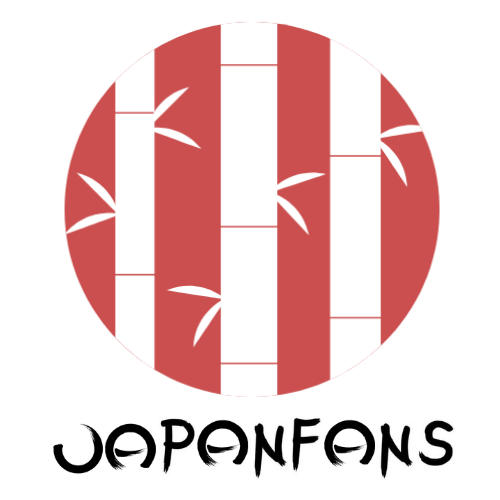Welcome to the second lesson of our free virtual kanji course. We are happy that you joined us! In this course, you will be taught new kanji each week and eventually you will have learned all the kanji for the JLPT N5!
This second lesson consists of your next set of kanji, with clear images for the stroke order and some fun videos. Let’s learn 日、月、火、水、木、金、土、川、and 田 .

BONUS: when you’ve finished this week’s Kanji Lesson, you’ll not only have learnt the words for sun, moon, fire, water, tree, gold, earth, and much more, but also the days of the week! Check out this video to see how this works.
日
日(にち) means “Day” and “Sun.” This is the stroke order:


In the first lesson, we learnt the kanji to count up till 10. So, let’s see whether we can now use some ordinal numerals to count the days… like “the second day”, “the third day”, “the fourth day” etc. Can you understand these examples? Discuss them in our Facebook group if you like.
二日 (pronounced like “futsuka”)
三日 (mikka)
四日 (yokka)
五日 (itsuka)
六日 (muika)
七日 (nanoka/nanuka)
八日 (yōka)
九日 (kokonoka)
十日 (tōka)
月
月 (つき) means “Moon” and “Month”. This is the stroke order:

And with this new kanji, we can do the same trick as with the previous one! Could you guess which month is 三月 (sangatsu)…?
火
火 (ひ) means “Fire” and “Flame”. This is the stroke order:

水
水 (みず) means “Water”. This is the stroke order:

木
木 (き) means “Tree/Bush” and “Wood”. This is the stroke order:

金
金 (きん) means “Money” and “Gold”. This is the stroke order:

You can come across (and use) these kanji in a wide variety of examples. See the funny movie below for a lot of interesting combinations with 金 .
土
土 (つち) means “Soil”, “Earth”, “Ground”, and “Turkey”. This is the stroke order:

川
川 (かわ) means “River” or “Stream”. This is the stroke order:

田
田 (た) means “Rice field”. This is the stroke order:

…and that was it, the kanji set for this week! If you practice hard, you’ll soon know : 日、月、火、水、木、金、土、川、田 . How do you find this kanji? Which ones are difficult for you? And do you have any questions? Discuss it in our Facebook group. Native speakers as well as professional Japanese teachers are happy to help you in you learning journey.

